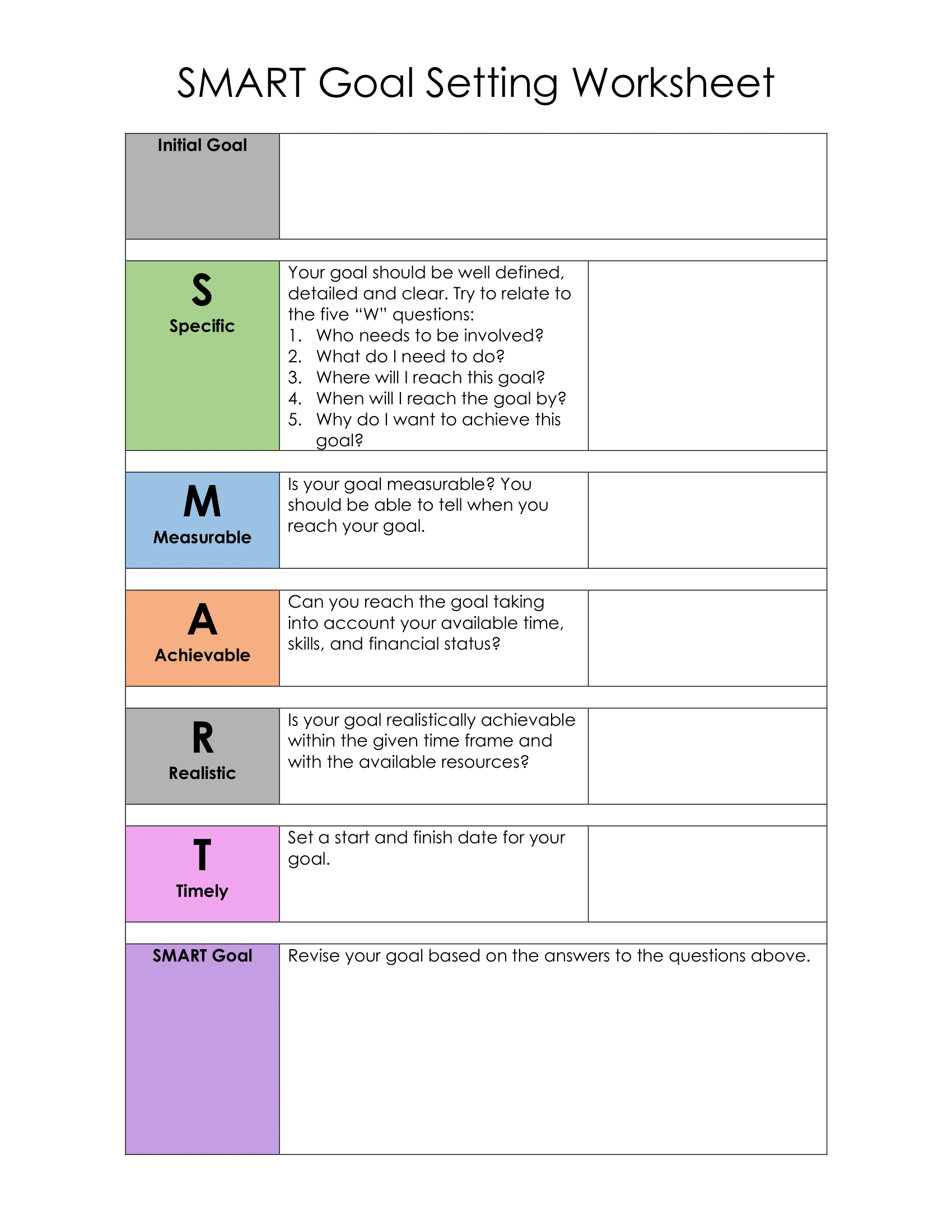Business New Year Series Part 1: 7 Tips for Planning Your 2023 Business Goals
New Year's and Christmas are over! For many businesses, this is traditionally still a quiet time. However, if you're a business owner, this is the perfect time to start planning for 2023.
This article is part of a three-part series where we detail how to set business goals for success, set KPIs to reach those goals, and analyse business performance to stay on track towards your goals.
Here are our top 7 tips to help you set the right goals for your small business.
Tip 1: Use the SMART goal-setting framework
SMART is an acronym for a framework that helps you to avoid setting vague goals. SMART goals help to keep you accountable. They are:
- Specific (for example, don't make it vague like saying 'increase sales'. Instead, state how much you want to increase your sales).
- Measurable (expressed in numerical terms).
- Achievable (in other words, realistic. They can be challenging to achieve, but they shouldn't be wildly optimistic. Otherwise, they can end up becoming demotivating over time, rather than motivating for you and your staff).
- Relevant
- Time-bound (in other words, they should have a deadline).
Tip 2: Set up short, medium and long-term goals
It's important to set goals for short, medium and long-term timeframes:
- short-term goals should have deadlines within the next twelve months.
- Medium-term goals should have a two to five-year timeframe.
- Long-term goals should be for timeframes for achievement that are more than five years into the future.
These goals should be consistent with each other. For example, your short-term goals should help you make progress towards achieving your long-term goals.
Tip 3: Involve your team members
Involving relevant employees in the SMART goal-setting process helps to get their 'buy in' and commitment. People like to feel that they are consulted and involved in decisions that will affect their working lives.
Your team members may also be able to provide you with valuable suggestions about how your business goals can be achieved.
Tip 4: Designate accountabilities
Designating accountabilities for achieving your SMART goals helps to ensure that there is the necessary focus on achieving them. You can designate different individuals or teams to be accountable for achieving different goals that are most relevant to their roles.
Tip 5: Put your business goals in writing (and communicate them to all relevant staff)
Putting your SMART business goals in writing and clearly communicating them to all relevant staff helps to avoid any confusion. This can also help with motivation and accountability.
Tip 6: Provide the necessary resources
You will give yourself and your team members the best chance of achieving your SMART goals if you ensure that all the necessary resources are available. This could include human resources, physical resources (such as the latest technology or equipment) or financial resources. This relates to 'Achievable' — if you don't have the right resources, the goal isn't going to be achievable.
Tip 7: Set up regular review dates
Business goal setting is not a 'set and forget' process. It's essential to set up regular review dates as part of the business plan process. This will help you to monitor progress towards achieving your SMART goals so that you can take corrective action if necessary to keep you heading in the right direction.
SMART Template
With the template below, have a go at setting goals for your small business. Once you've got your goals written down, it's time to move on to part two: Setting KPI's to Reach Your Business Goals. We walk you through how to break down your goals into KPI's and processes to ensure you aim high, keep on track and succeed.
If you're a business owner, be sure to subscribe to our newsletter so you can stay in the loop for business tips and industry news.

